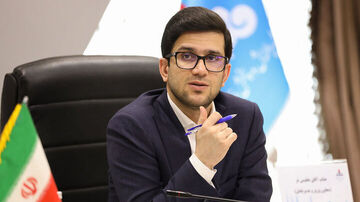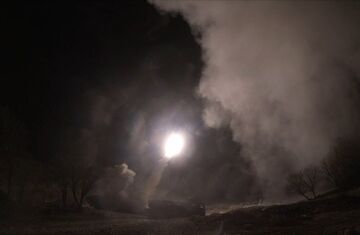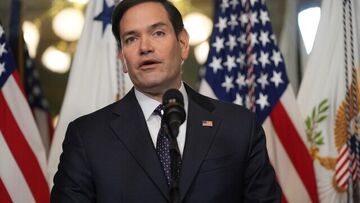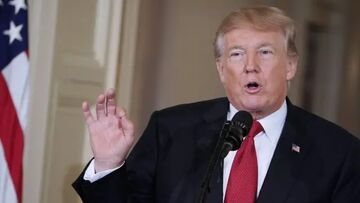TEHRAN (Bazaar) –Nader Entessar, Professor Emeritus of Political Science from university of South Alabama says that the Europeans and Americans have always worked in tandem when it comes to Iran's nuclear and security issues.
“The whole European-American approach to Iran's nuclear and defense policies has always revolved around the “good cop, bad cop” game,” Entessar told Bazaar News Agency.
Following is the full text of the Bazaar interview with Professor Entessar:
Q: What effect will the leave of Robert Malley from the Biden government have on the nuclear talks between the United States and Iran?
A: Although Rob Malley was a critical player in the Biden administration's negotiating team with Iran, there have been several departures from Biden's team for a variety of reasons. We have to remember that the nuclear talks were in dormancy long before Malley's departure. From the beginning of his administration, Biden did not prioritize the revival of the Iran nuclear agreement. Rob Malley's departure signals the low priority the Biden administration has placed on this issue.
Q: It seems that Israel and the extremists in America and some Persian Gulf Arab states in the region opposed to the JCPOA are happy about the leave of Robert Malley. what is your opinion?
A: There is some truth to this statement. The American neocons inside and outside the Biden administration always viewed Rob Malley with a dose of skepticism and considered him "soft" towards Iran. The Israelis and some anti-Iran Persian Gulf Arab states have been in tune with the American neocons' perception of Malley.
Q: It is said that Robert Malley was looking for a comprehensive agreement with Iran, and with his leave, the comprehensive agreement may be removed from the agenda of the US government. What is your assessment?
A: Unfortunately, what we know publicly about the whole Rob Malley episode is shrouded in mystery because neither Malley nor Biden's State Department have said anything significant about why Rob Malley's security clearance was suspended, or revoked. As a result, we have had speculative press reports about this issue. At this time, we really don't know if Malley's removal was personal or the result of major policy disagreements inside the Biden team.
Q: America has sent new fighters to the Persian Gulf region. Some argue that this is a sign of increasing tension with Iran. On the other hand, some believe that the greater presence of the United States in the region is due to possible tension as a result of the imposition of missile sanctions against Iran by three European countries (The missile embargo on Iran should be lifted in October according to the JCPOA). what is your opinion?
A: I think all of the aforementioned points are true. After all, they are interrelated, and the Europeans and Americans have always worked in tandem when it comes to Iran's nuclear and security issues. The whole European-American approach to Iran's nuclear and defense policies has always revolved around the “good cop, bad cop” game.
Q: Considering leaving Robert Malley and possible expenses for the Biden administration, to what extent is it possible to reach a limited agreement (Understanding) between Iran and the United States?
A: The closer we get to the 2024 U.S. presidential campaign and election, the less likely it will be that an agreement, even a limited one, between Iran and the United States is attainable. As I stated earlier, reaching an agreement with Iran is simply not a priority for Biden's foreign policy agenda at this moment.















نظر شما